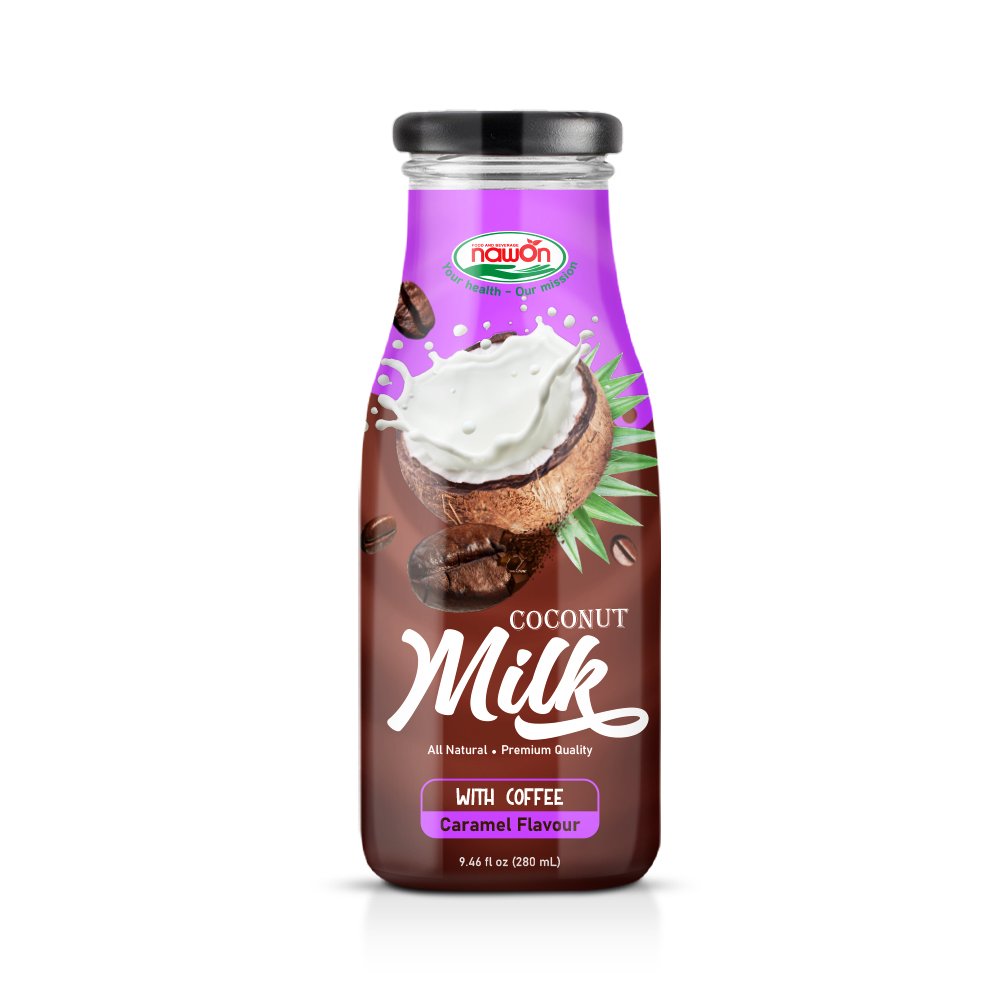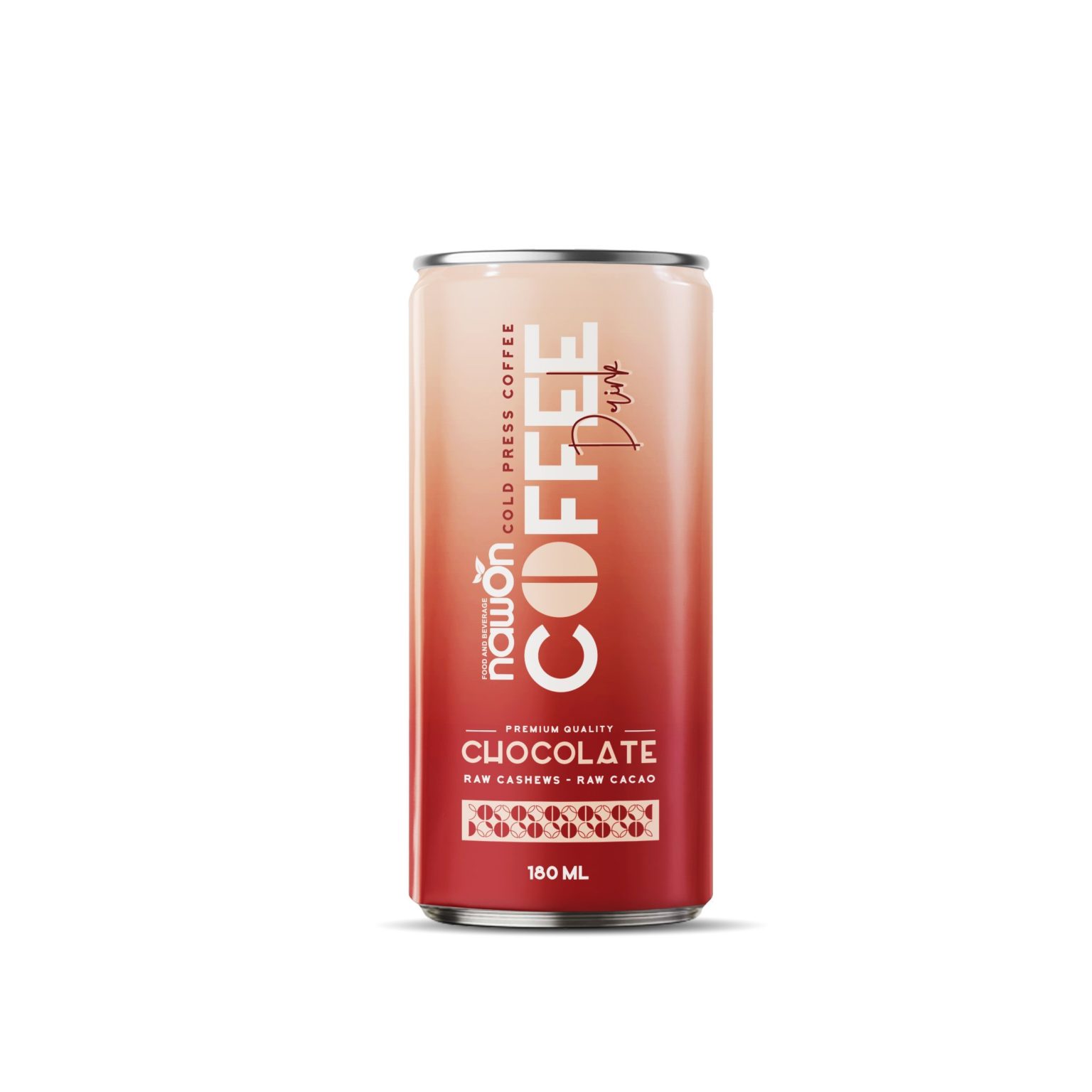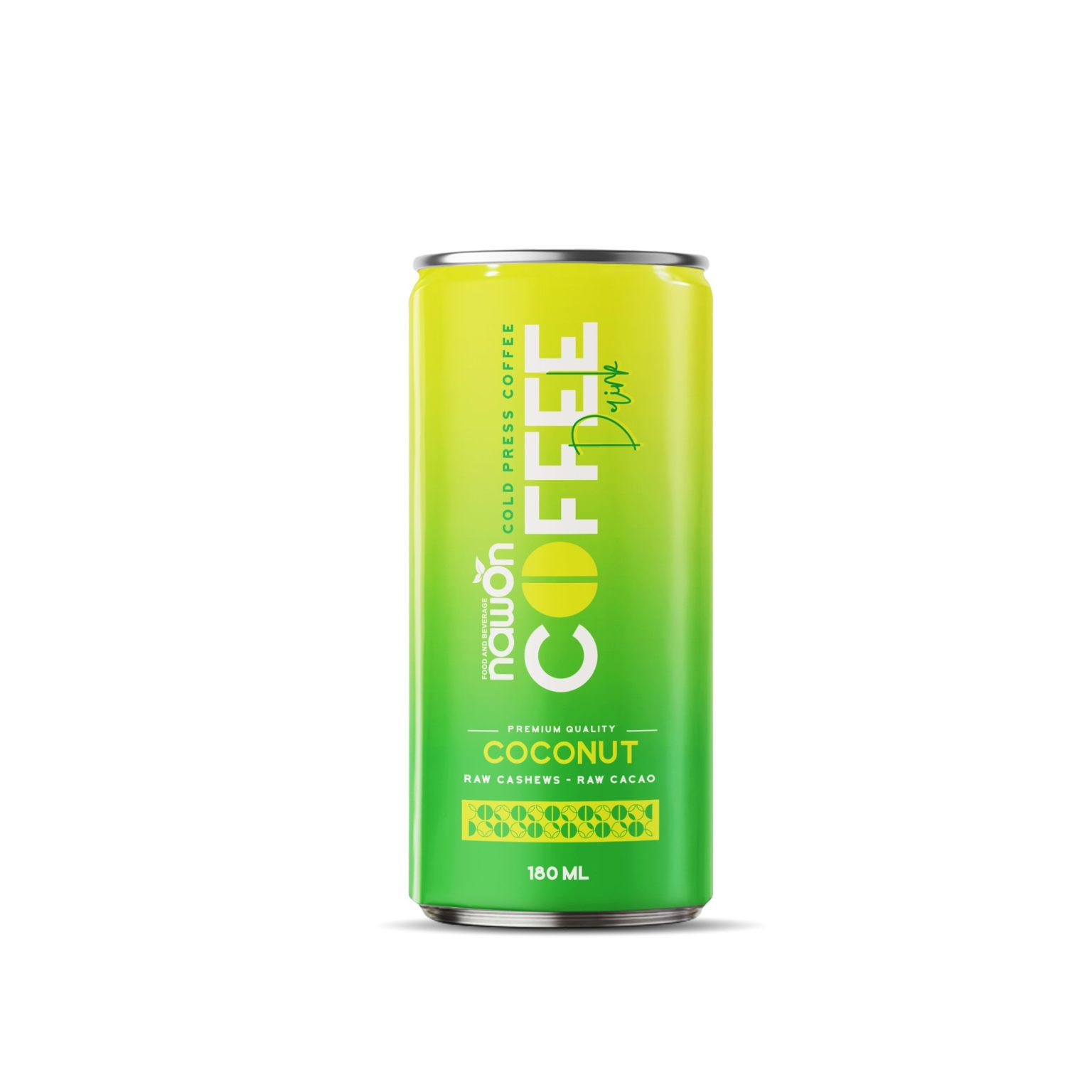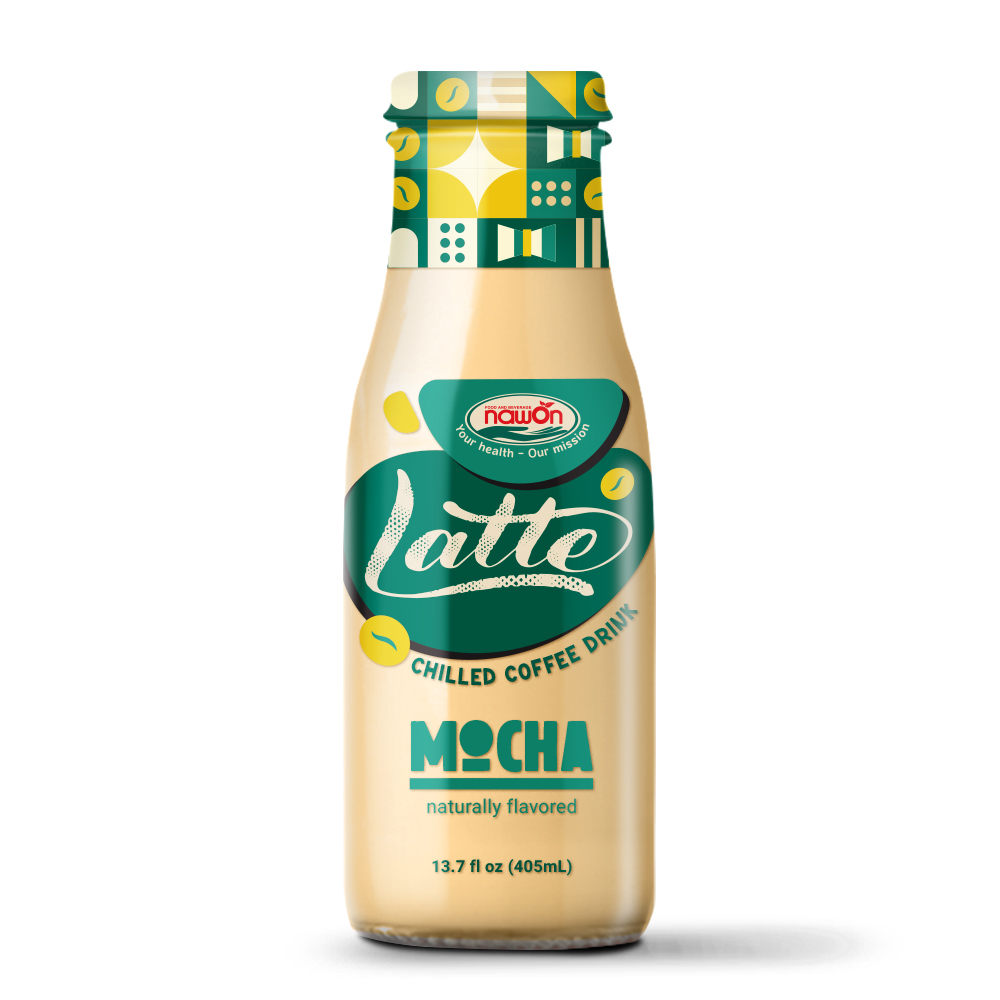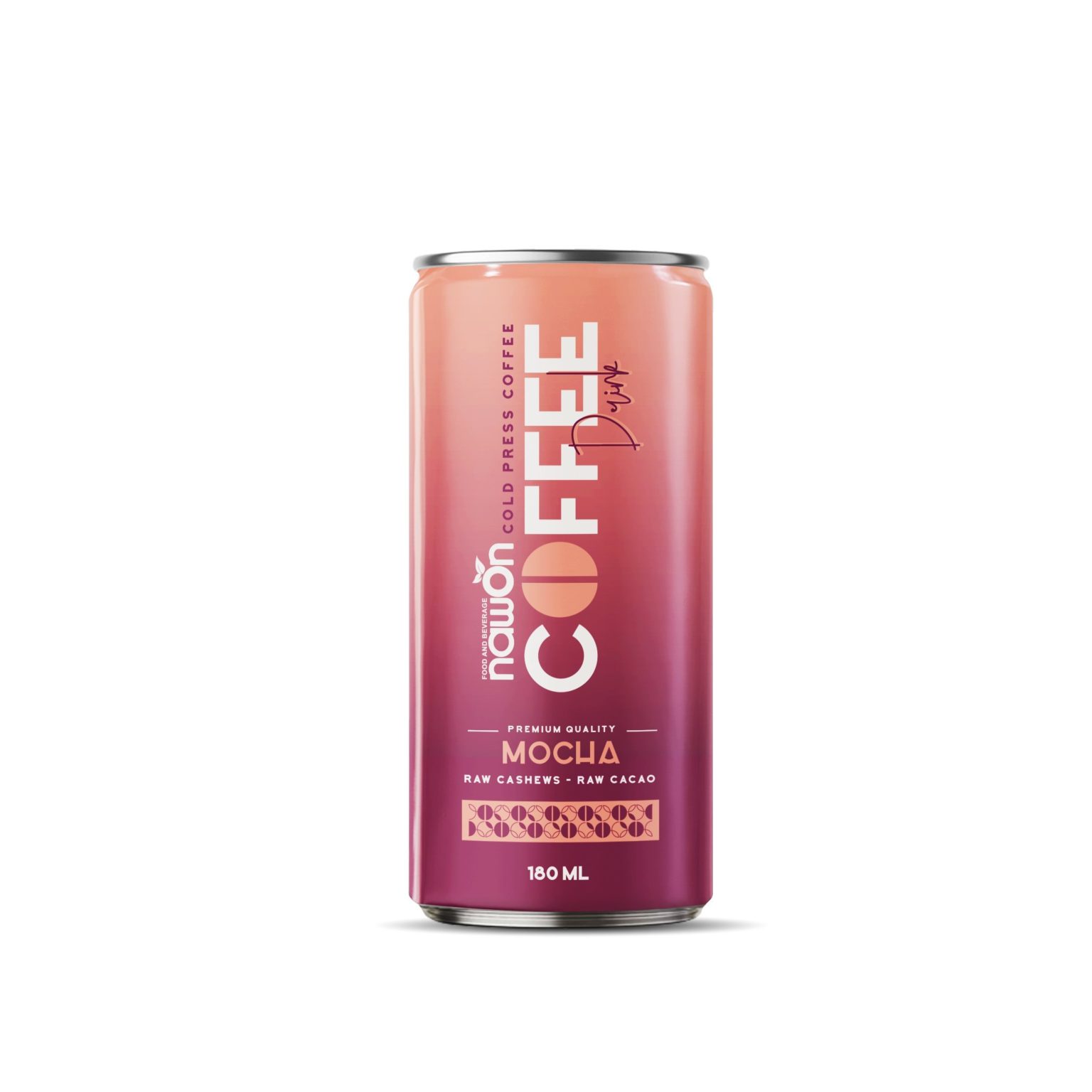For those who don’t have time to wait for every drop of instant coffee, instant coffee is the perfect choice to enjoy the delicious taste of coffee without spending too much effort. However, many still wonder, “Is instant coffee bad for health?” In this article, let’s learn about this type of coffee together to answer that question!
What is instant coffee
Instant coffee is a type of coffee produced from roasted and ground coffee beans. After completely removing insoluble substances, the remaining coffee is in the form of dry crystal or powder, some with added sugar and milk powder. When enjoying instant coffee, you need to dissolve it in hot water and enjoy it. There is no need to wait; quick and convenient is what instant coffee brings.
Instant coffee has a long storage time, and the volume and weight when transported are lower than roasted and ground coffee, so this product brings much commercial value to coffee manufacturers and traders worldwide. Revenue from instant coffee is estimated at more than 20 billion USD, which has always trended up over the years and is equivalent to the revenue of ground coffee shops.
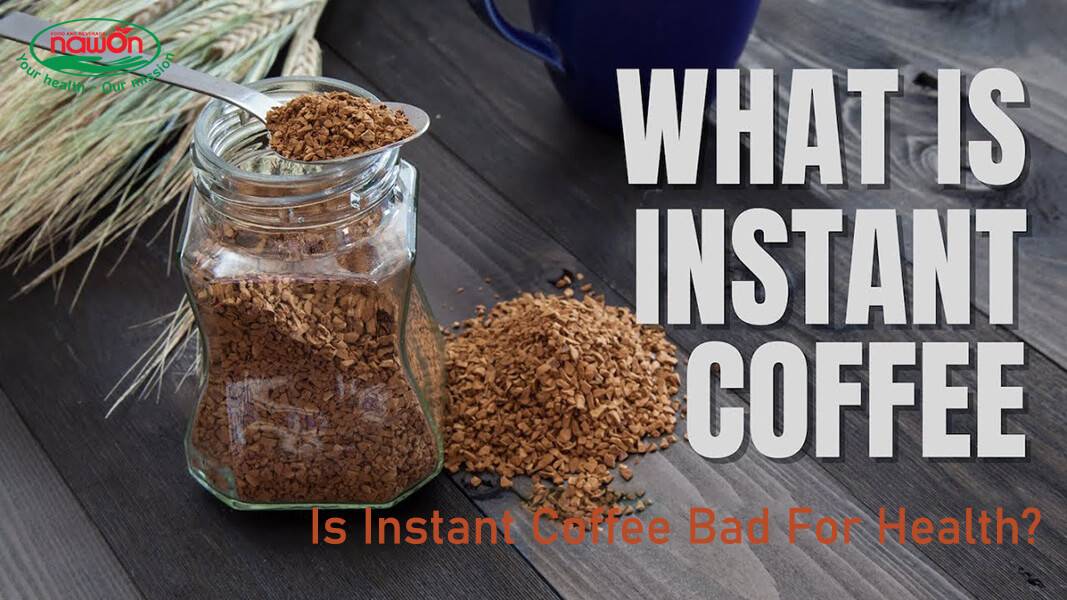
Origin of instant coffee and caffeine in this coffee
Origin of instant
Although the history of coffee began as long ago as 1671, instant coffee was not invented until 1901 by a chemist named Satori Kato, who was the first to introduce instant coffee into production. Instant Coffee Manufacturer was George Washington. In 1771, the first “instant coffee” was made in England under the name “coffee compound” and patented by the British government.
Instant coffee first appeared on the market in the 1950s and quickly became one of the most popular types of coffee. This product was first invented in Invercargill, the largest city in Southland, New Zealand, in 1890. Solid instant coffee (instant, crystal, or ground coffee) is dehydrated and packaged solids available at used retail stores. In addition to solid form, instant coffee is also produced in concentrated liquid form to make drinks or to process other foods.
Although it can still be damaged if exposed directly to air, instant coffee generally has a longer shelf life than roasted and ground coffee, maintaining long-term stable quality.
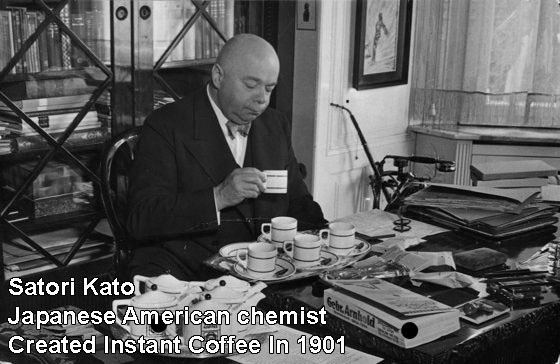
Explore The Taste Of Coffee Drink
Continuel
Caffeine in this coffee
About 96 milligrams of caffeine are in a 12-ounce cup of instant coffee. That’s less than the 136 you’d find in a 12-ounce cup of brewed coffee. Therefore, instant coffee suits those who cannot consume much caffeine or do not want to affect their sleep.
Some people think drinking instant coffee will help avoid insomnia, but you should also be careful to consume a moderate amount. If you drink too much instant coffee, you can still have insomnia.
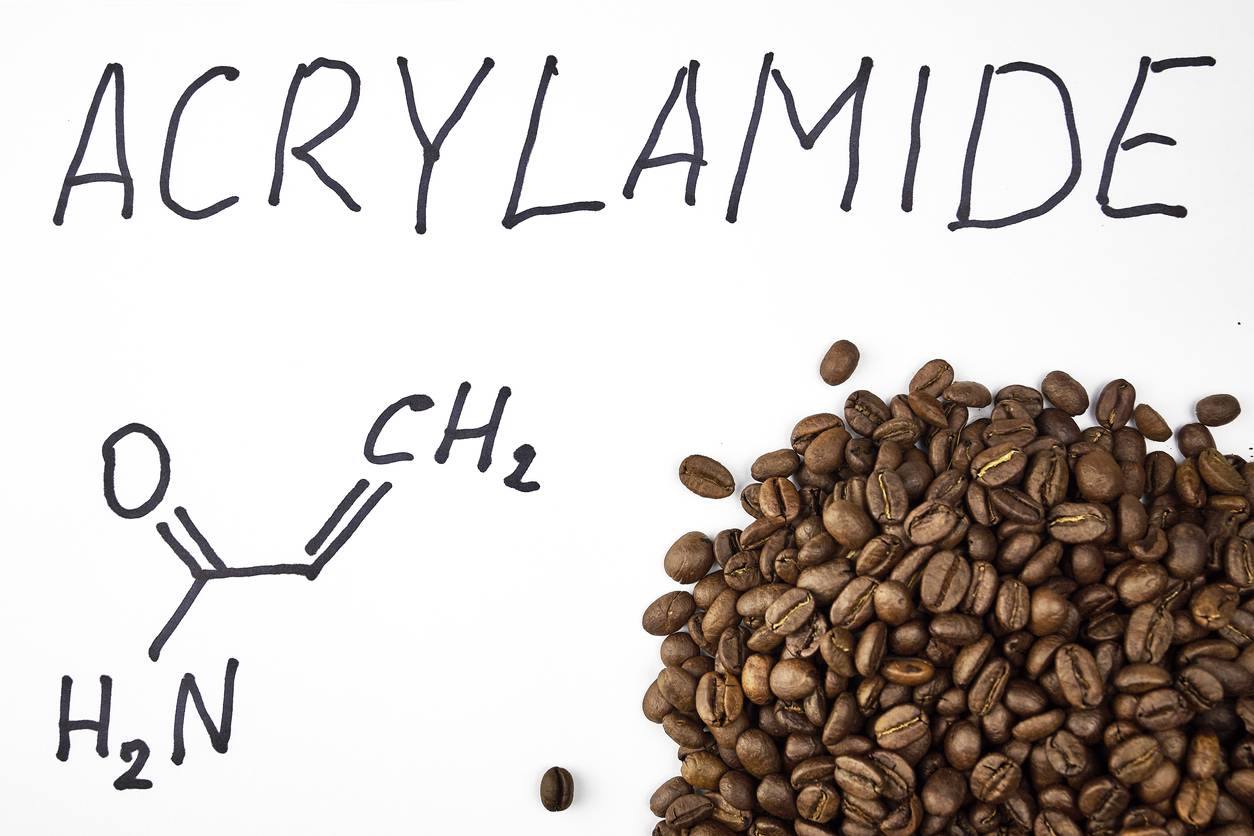
Read more: Vietnamese Coffee – What A Strong Culture
Is instant coffee bad for you
Here are some points about the potential health benefits of instant coffee.
- Instant coffee contains powerful antioxidants, similar to other types of regular coffee. There may even be more antioxidants in instant coffee due to the production method.
- A 2022 study in the European Journal of Preventive Cardiology found that consuming 2-3 cups of instant, ground, or decaffeinated coffee daily can help lower the risk of cardiovascular disease and mortality from cardiovascular causes.
- Studies have shown that moderate coffee consumption may be associated with a reduced risk of certain diseases, such as heart disease, Alzheimer’s disease, and Parkinson’s disease.
- A cup of instant coffee contains around 4 calories and provides small amounts of potassium, magnesium, and niacin (vitamin B3).
As for health effects, instant coffee is not inherently bad for you. While instant coffee may not offer the same gourmet experience as freshly brewed coffee, it provides a convenient and affordable option for lovers looking for a quick coffee.
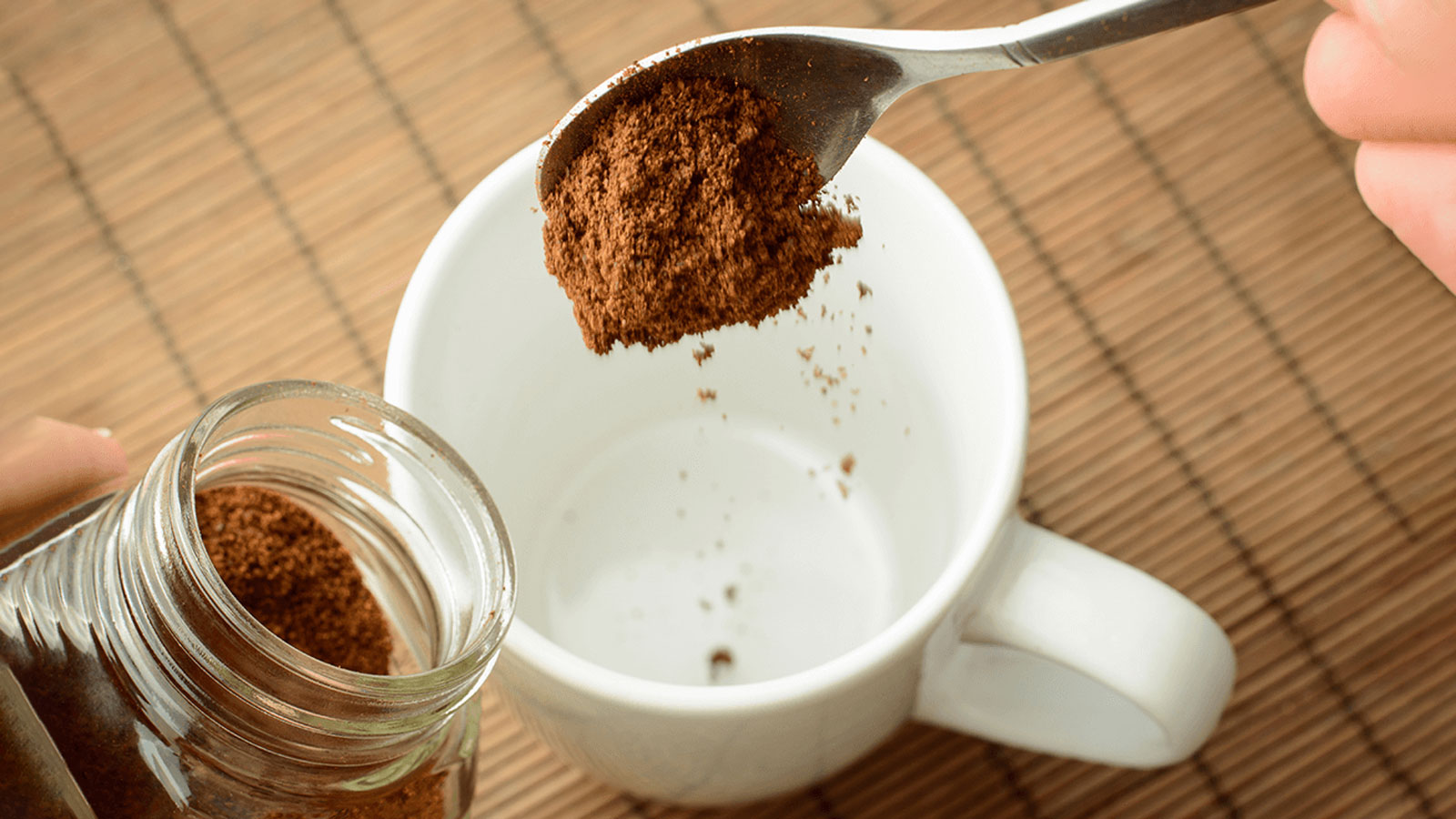
Read more: What Is The Difference Between Espresso Vs Coffee?
Some side effects when using instant coffee
Although it brings some benefits, coffee, including instant coffee, has never been considered a healthy drink. Consuming too much instant coffee will cause you to encounter some of the following health problems:
Concerns with additives and processing
Instant coffee often goes through processing involving additives and chemicals, which might include anti-caking agents and flavor enhancers. Consistent consumption of these additives could raise concerns about their long-term impact on health.
Potential for acrylamide formation
The methods of processing instant coffee at high temperatures may contribute to forming acrylamide, a potentially harmful chemical. This substance has been associated with certain health issues and tends to develop when specific foods are cooked or processed at elevated temperatures.

Environmental impact of packaging
The individual packets and containers used for instant coffee result in plastic waste, contributing to environmental concerns. Improper disposal of these packaging materials can harm the environment, especially in areas without effective waste management systems.
Health implications of excessive caffeine
Instant coffee’s ease of consumption might unknowingly lead to consuming more caffeine. This is especially true for instant coffees with added caffeine, potentially resulting in excessive intake if not consumed with awareness. High caffeine consumption is linked to various health issues, including an increased heart rate, heightened anxiety, and disruptions in sleep patterns.
For those looking for a simple coffee experience, instant coffee has emerged as a useful alternative to traditional coffee brewing. Hopefully, the above content will help you answer the question, “Is instant coffee bad for health?” From there, choose your favorite types of coffee.

